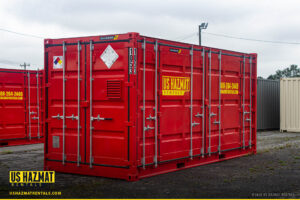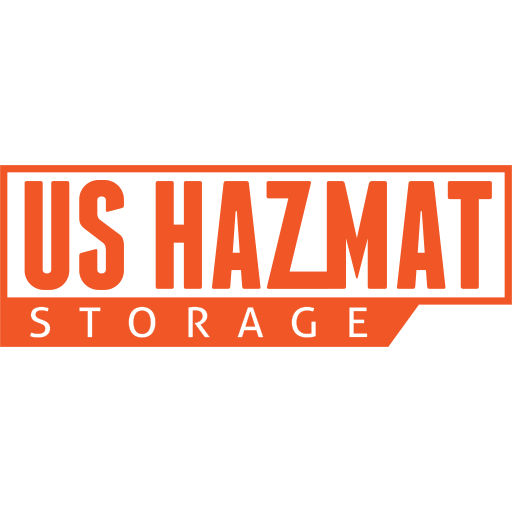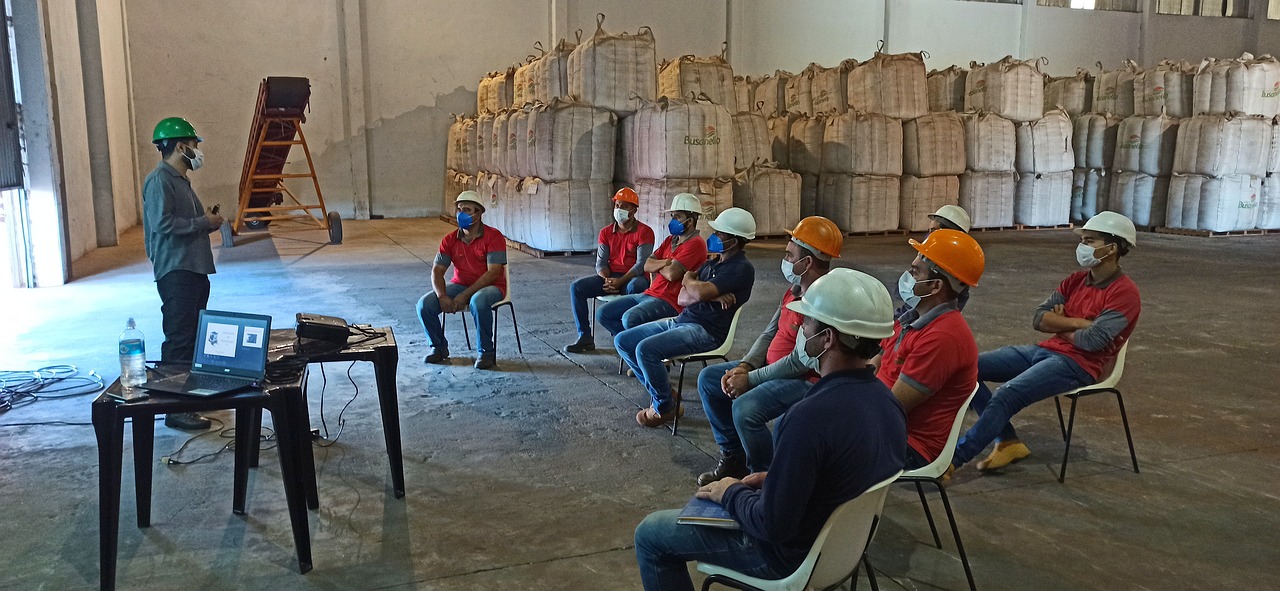Any visit from OSHA should be a cause of concern. OSHA rarely makes house calls, but their presence is usually indicative of something amiss at the workplace. While the agency is known to make routine inspections at facilities handling large quantities of toxic materials, such inquisitions understandably vex project managers working under stringent deadlines exacerbated by worker and supply shortages arising from the pandemic. Although their imperceptible demeanors can throw a wrench into your steady operations, their presence under the auspices of federal safety standards is the lynchpin to a healthy and productive workforce. Most OSHA violations fall under two categories: willful violations and other than serious violations. While either reprimand can cause serious harm to your company’s reputation and finances, the gravity of the offenses depends on the intent of the violation and what steps were put in place to prevent documented incidents.
What’s the Difference Between Willful Violations and Other Than Serious Offenses?

Although ignorance of the law is never an excuse for violating OSHA’s safety standards, federal inspectors will consider due diligence in implementing safety procedures as a mitigating factor in determining the severity of violations. Willful violations are the more egregious OSHA safety violations. According to OSHA.gov, a willful violation is a violation where the employer “either knowingly failed to comply with a legal requirement or acted with plain indifference to employer safety.” An example of a willful violation is a situation where employers fail to address safety complaints being made by employees arising from unsafe working conditions. Failure to store large quantities of flammable materials inside a steel-welded chemical storage locker could also constitute a willful violation if the hazardous substance is in proximity to vulnerable equipment and personnel or potential spark sources.
Other than serious violations are not as severe as willful violations but still require corrective action. An example of such a violation is failure to provide important hazard communication signage or employee training. While failing to properly educate employees of potential hazards on the job site is deserving of admonishment, other than serious violations will rarely result in civil penalties, but could lead to additional OSHA inspections barring exculpatory action by the employer. Other than serious violations are easy to correct and seldom deserving of OSHA news releases garnering unwanted press coverage and negative publicity.
Willful Violations Consequences
Less than serious violations can quickly morph into willful violations if corrective measures aren’t enacted to prevent future incidents. For example, inadequate employee training could lead to workplace accidents if an employee doesn’t know how to properly handle hazardous materials. Willful violations can lead to hefty civil penalties, reputational damage, and a reduction in the workforce due to low employee morale. Staying abreast of changing OSHA safety regulations and standards will allow your enterprise to avoid willful violations and consequences. Proper hazardous materials handling procedures and OSHA-compliant chemical storage lockers can keep your company’s name out of the headlines. We can easily accommodate flammable and non-flammable chemical stockpiles of all sizes. Stay safe. Stay compliant. Contact us today for a free quote and consultation.



